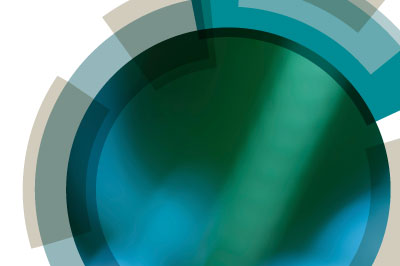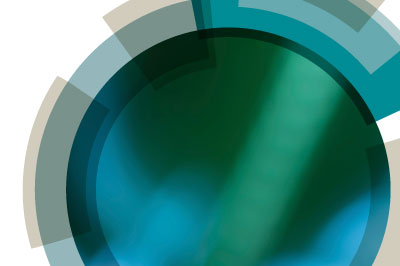Algae are an essential component of the food web in aquatic ecosystems, however, as a consequence of rising temperature and anthropogenic activity, they can frequently form massive growths, commonly known as blooms. Many of the bloom forming algae are capable of producing potent toxins in marine, brackish and fresh water bodies leading to acute and chronic poisoning events. The toxins produced are chemically diverse, ranging from hydrophobic polyethers such as okadaic acid to hydrophilic alkaloids such as saxitoxin. One of the challenges is that the majority of toxins have a family of chemically modified relatives e.g. yessotoxin has greater than 100 analogues, and dependant on the sample may have environmental modifications as well which may be missed during targeted analysis. In addition, most of these toxins readily accumulate and bio-concentrate in the food chain. Given such chemical diversity along with a range of different sample matrices (water, algae, different shellfish and fish), it is not possible to analyse all potential toxins in a single method.
To protect public health, certain toxins are regulated (EC Regulations 854/2004, 882/2004/), 2074/2005) in shellfish as part of the official control programme administered by FSS/FSA. However, the future is complex and a range of emerging toxins, Tetrodotoxin, Spirolides and the freshwater microcystins (MCs) being detected in UK seas which may be regulated in the future.
To protect public health, certain toxins are regulated (EC Regulations 854/2004, 882/2004/), 2074/2005) in shellfish as part of the official control programme administered by FSS/FSA. However, the future is complex and a range of emerging toxins, Tetrodotoxin, Spirolides and the freshwater microcystins (MCs) being detected in UK seas which may be regulated in the future.









